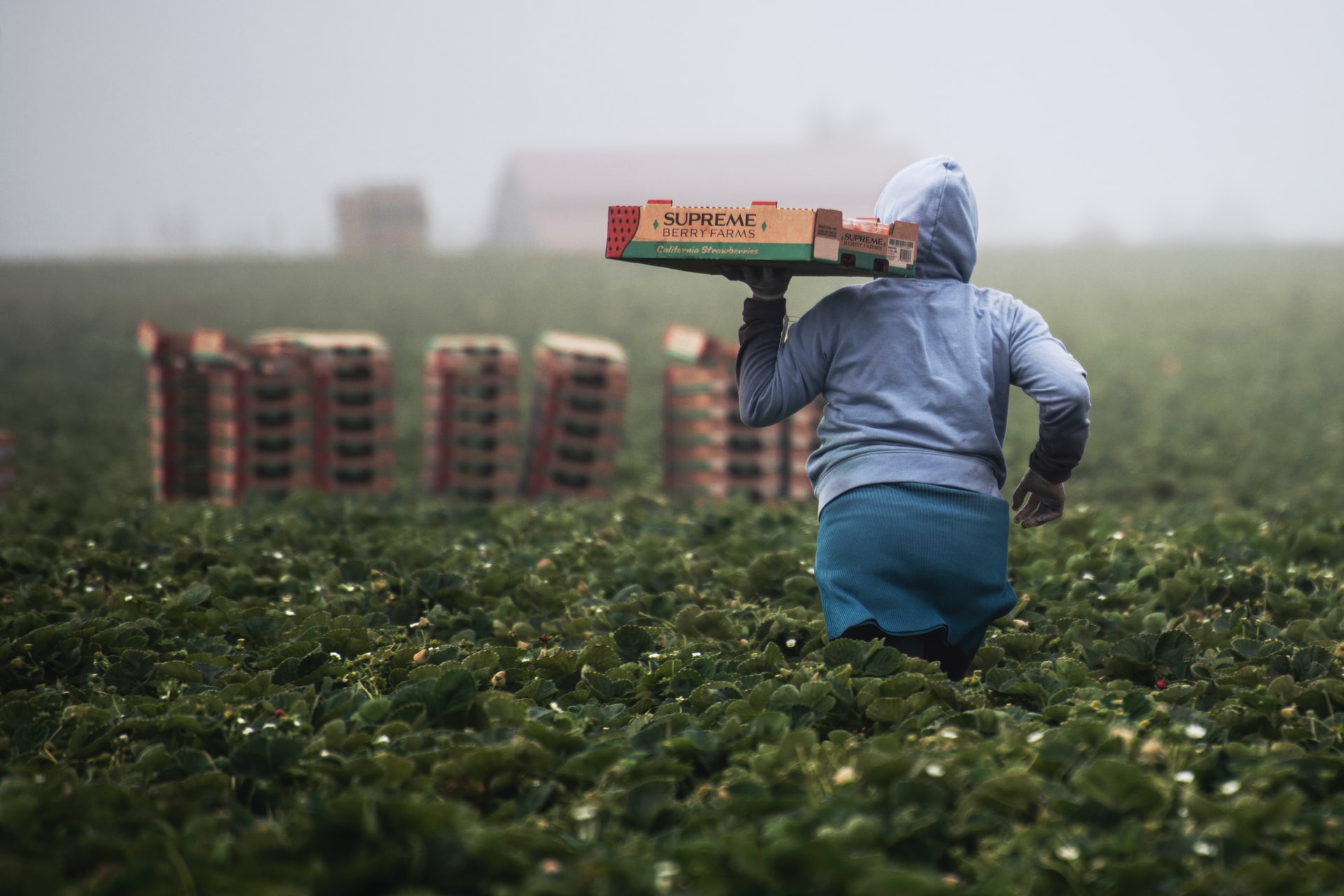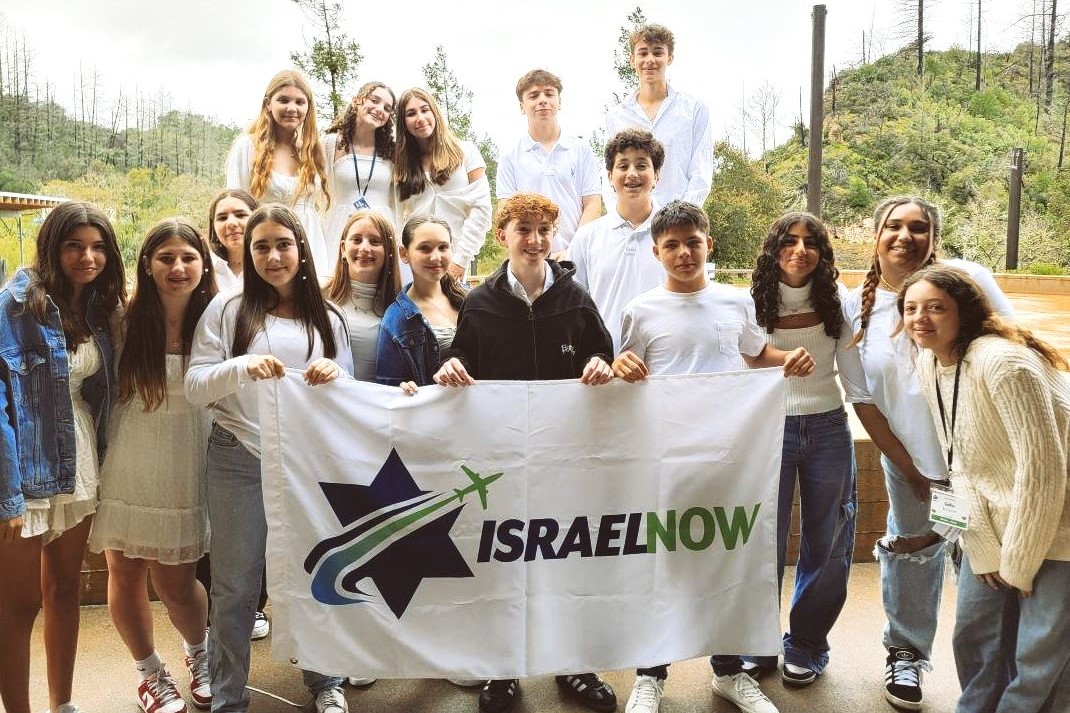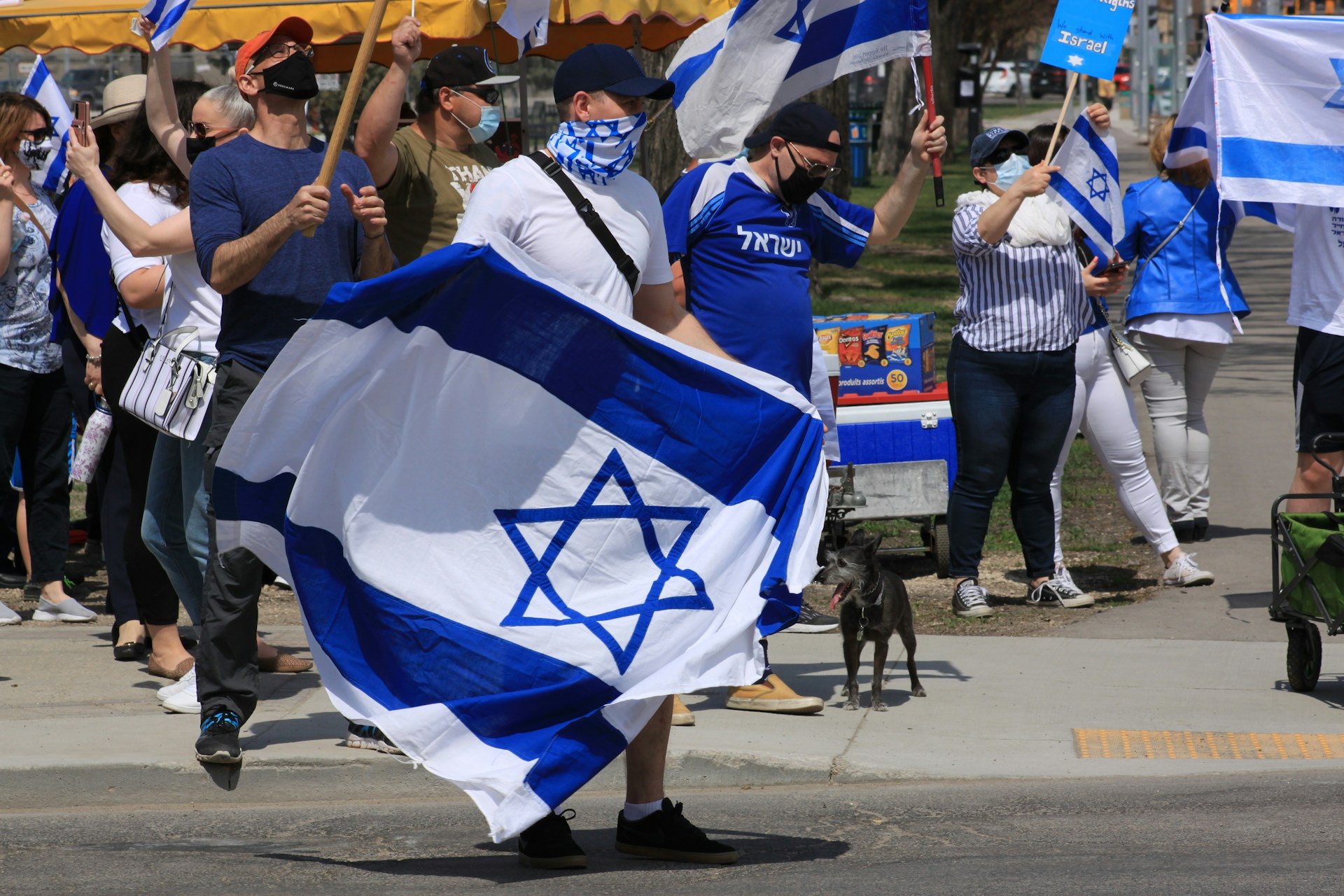Naomi and Ruth: The Vulnerability of Women & Immigrants


Photo by Tim Mossholder on Unsplash
On all of the Festivals, the custom arose among Jews that various biblical scrolls (megillot) are read in keeping with a particular overlapping theme echoed in the holiday and the chosen piece of writing.
On Shavuot this coming weekend, Megillat Rut / the Scroll of Ruth is read, ostensibly because the barley harvest is a key plot line (Ruth 1:22- Ruth and Naomi arrived in Bethlehem at the beginning of the barley harvest).
Shavuot takes place during the harvest season, celebrating the bringing of "bikkurim / first fruits" (which most people don't realize refer to stalks of grain, not actual tree fruit). There are also other less obvious thematic parallels, but let's stick with this one for now.
In the opening chapter of the Book of Ruth, we find that Naomi, her husband and two sons had emigrated to the neighboring country of Moab from their hometown of Bethlehem in the Land of Israel in order to survive a famine.
In time, Naomi's husband died and her sons marry Moabite women, one named Ruth and the other named Orpah (trivia fans note this was the name Oprah's mom was attempting to give her but...uh, slightly missed).
When Naomi's two sons also died, Naomi decided to return to Bethlehem and urges her two daughters-in-law to return to their families, which Orpah does.
However, Ruth refuses and accompanies her mother-in-law back to the Land of Israel.
Spoiler alert: at the end of the story, we discover that this same poor, vulnerable, foreign migrant named Ruth will one day become the ancestor of King David, who himself will be the ancestor of the Mashiah / Messiah or Redeemer of the Jewish people.
When Ruth and Naomi arrive in the Land, they have literally nothing.
Their menfolk are dead, and thus there are no men to protect them in a patriarchal society.
They have no profession or money, since women were not allowed to acquire or be trained in one (other than "the world's oldest profession" of course).
They have no property, and it's unclear where they are going to live.
They have no food, other than what they can scrounge for. And Ruth is literally a foreigner.
Like poor migrants everywhere, they are unprotected, at the mercy of those more powerful, and on top of it all, they are women without men. Truly the most vulnerable.
I suspect that the majority of those reading have no conception of how limited the choices were for most people in ancient times, and even more so for women, until quite recently.
To feed themselves, Naomi suggests to Ruth that she embark on the ancient equivalent of dumpster diving- namely, gleaning (collecting) left over stalks of barley lying in a field during the harvest.
Sounds romantic? It was not. And the text itself alludes to how dangerous and vulnerable a young woman was during that time and place.
Ruth happens to go to the field of Boaz, who was related to Naomi's family. When he finds out who she is, he tells her:
"Listen to me, daughter. Don't go to glean in another field. Don't stray far- stay here close to my girls. Keep your eyes on the field they are reaping and follow them. I have ordered the men not to molest (touch) you..." (Ruth 2: 8-9)
Clearly the implication is that if Boaz hadn't ordered the male harvesters not to molest (i.e., physically harass or even possibly take her by force), then it's quite possible they would have.
Contemplate this if you are sitting in synagogue listening to the Book of Ruth being read or hearing a Dvar Torah about it at your Festival table.
Unattached, poor, powerless women were at the mercy of more powerful men, especially since these women had few choices if they wanted to get food and stay alive!
Not only was this the case in ancient times, it was true up until quite recently—police wouldn’t even answer domestic violence calls or treat them like other types of violence until… the 1980s!!! And depending on what happens in the next few years, we could watch a lot of those gains disappear.
Naomi too recognizes the danger. When Ruth returns to her at the end of the day, she recounts what has happened, and Naomi echoes Boaz' warning:
"It is best, daughter, that you go out with his girls, and not be harassed in some other field." (Ruth 2:22)
So the next time we see a poor person or an immigrant or some other vulnerable member of society, let's not allow ourselves to see that person as "other than us."
Instead, let us see them as our beloved Ruth, the progenitor of the Mashiach / Messiah, not some faceless, nameless individual.
"Ruth, may I buy you a meal?"
"Ruth, do you have a place to live?"
"Ruth, is someone harassing you when all you're trying to do is make an honest living?"
"Ruth, do you have access to medical care so you don't die from something preventable?"
Let us see the "Ruth" in the poor and vulnerable people we meet.
Then indeed, we will bring Mashiachzeit / The Time of the Messiah / Redemption of the World… just a bit closer.
Shabbat Shalom




